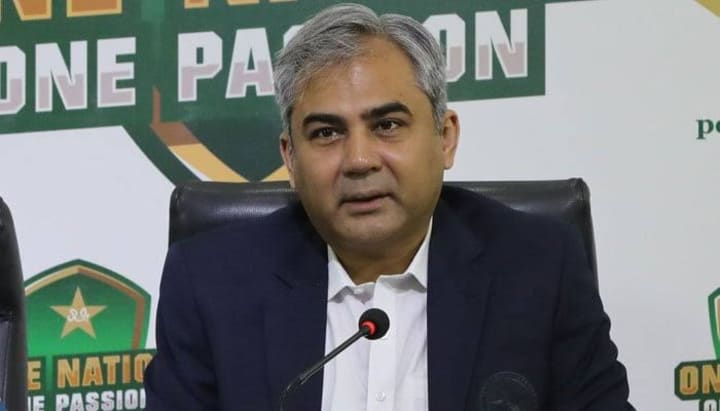The Pakistan Cricket Board (PCB) has taken significant steps to tackle corruption and match fixing in cricket, introducing strict rules that apply to both domestic and international players. Following the guidelines of the International Cricket Council (ICC), the PCB has adopted a zero-tolerance approach against corruption by implementing the Global Anti-Corruption Code. This move aims to ensure transparency in cricket and protect the integrity of the game at every level. By taking these measures, PCB hopes to eliminate corruption, safeguard players, and maintain the confidence of fans, stakeholders, and international cricket authorities.
Under the Global Anti-Corruption Code, any player found guilty of match fixing or spot-fixing investigations will face severe punishments, which can range from five years to a lifetime ban depending on the gravity of the offense. In addition, players involved in betting on cricket matches can be banned for one to five years. The new regulations also cover cases of sharing internal team information, which may result in bans ranging from one to five years. Players who lie, destroy evidence, or refuse to cooperate during investigations are also liable for punishments of two to five years.
Moreover, players who fail to report corruption incidents will face penalties ranging from two to five years, highlighting the importance of proactive reporting. First-time offenders who cooperate with investigations may receive lighter punishments, while repeat offenders will face the strictest penalties. These measures are designed to deter players from engaging in unethical practices while ensuring that those who genuinely make mistakes and cooperate can rehabilitate themselves. Additionally, it is now mandatory for all players to participate in anti-corruption education programs. Failing to attend these programs can also result in bans, emphasizing the importance of awareness and continuous education in maintaining cricketing integrity.

This initiative is part of the PCB’s ongoing efforts over recent years to root out corruption and promote clean cricket. The board has strengthened internal monitoring and security measures to protect players from corrupt influences and create a safe and transparent environment for cricket tournaments. By closely supervising activities and educating players on the consequences of corruption, the PCB aims to minimize opportunities for malpractice and reinforce ethical conduct at all levels.
The new rules are expected to have a far-reaching impact on Pakistani cricket. By strictly enforcing these regulations, the PCB aims to improve the country’s image in the international cricketing community, which has occasionally been tarnished by corruption scandals. Maintaining fairness and transparency is critical not only for the players and officials but also for the fans, sponsors, and other stakeholders who have a vested interest in the sport. With these measures, the PCB is sending a clear message that corruption will not be tolerated under any circumstances and that cricket in Pakistan will adhere to the highest standards of integrity.
In essence, the PCB’s adoption of the Global Anti-Corruption Code, combined with stringent punishments, anti-corruption education, and enhanced monitoring, reflects a strong commitment to reforming the sport. The board’s zero-tolerance policy and clear penalties for violations are designed to protect the future of cricket in Pakistan, uphold fair play, and ensure that every match is played honestly. By taking these proactive steps, the PCB is not only addressing past concerns but also building a stronger foundation for the next generation of cricketers, instilling values of honesty, responsibility, and professionalism that will benefit the sport for years to come.

